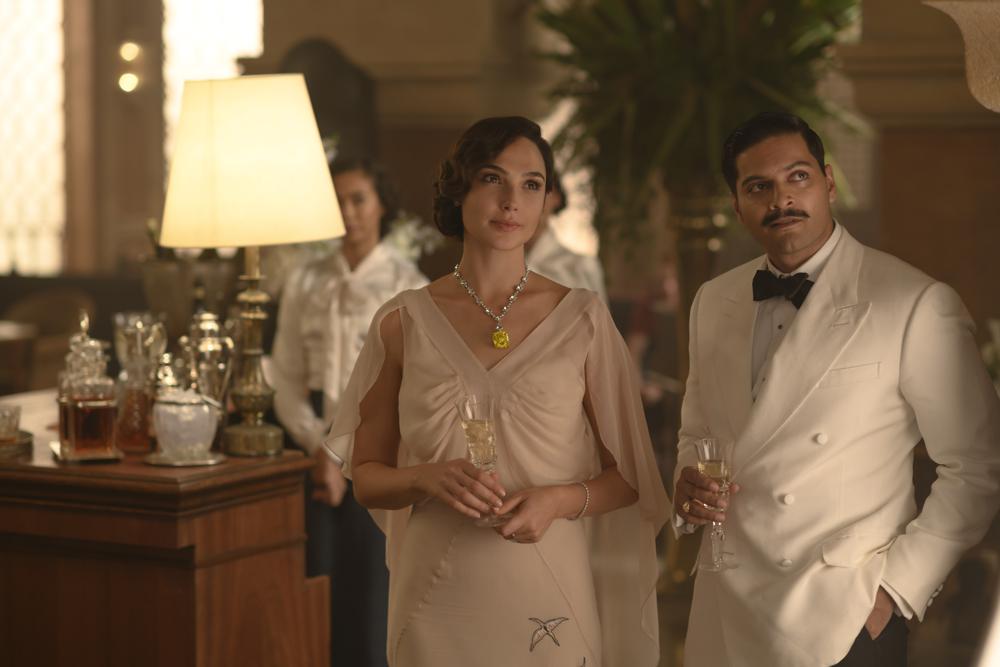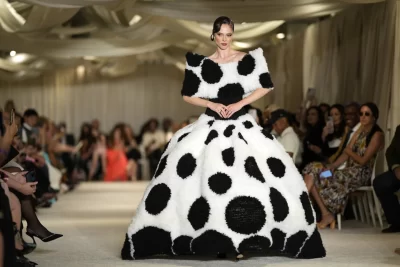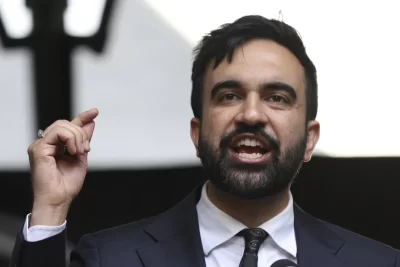
That film, which packed a bevy of stars aboard an opulent locomotive, was a saggy contrivance that lacked the warm fizz of Sidney Lumet’s 1974 version, with Albert Finney. But “Murder on the Orient” did offer a welcome reminder of two immutable cinematic maxims: Train movies are irresistible and whodunits are, generally speaking, a hoot. It was an unexpected box-office hit, and a sequel, with Branagh again directing and returning as the mustachioed Belgian detective Hercule Poirot, was quickly ordered up with visions of something like a Christie-verse.
But the pandemic, which partly accounts for release postponements stretching two years, is not all that has delayed “Death on the Nile.” One of its stars, Armie Hammer, plunged into scandal, and the studio reportedly considered reshooting the film with another actor. Even the studio disappeared when 20th Century Fox was acquired by the Walt Disney Co.
Still, the biggest sea change to swamp “Death on the Nile” may have been something else: Rian Johnson’s “Knives Out” kind of blew it out the water. Johnson’s 2019 mystery wasn’t based on a Christie novel, but it was affectionately styled after one, and giddily brought the genre into contemporary times. Here, with Daniel Craig as the very Poirot-like investigator Benoit Blanc, was the exciting whodunit revival. (A Mediterranean-set sequel is due out later this year.)
So “Death on the Nile,” with Hammer in tow, is making its humbled way into theaters this Friday. A glossy, star-studded adaptation of Christie’s 1937 novel, scripted by Michael Green, is a better movie than “Murder on the Orient Express” but still feels like a creaky murder mystery too insecure to simply let its talky characters and spiraling plot lines play out. Instead, “Death on the Nile,” stuck somewhere between the past and today, tries vainly to spruce up an old-fashioned style of movie with buckets of CGI and a nervous camera that can’t stop swooping around.






